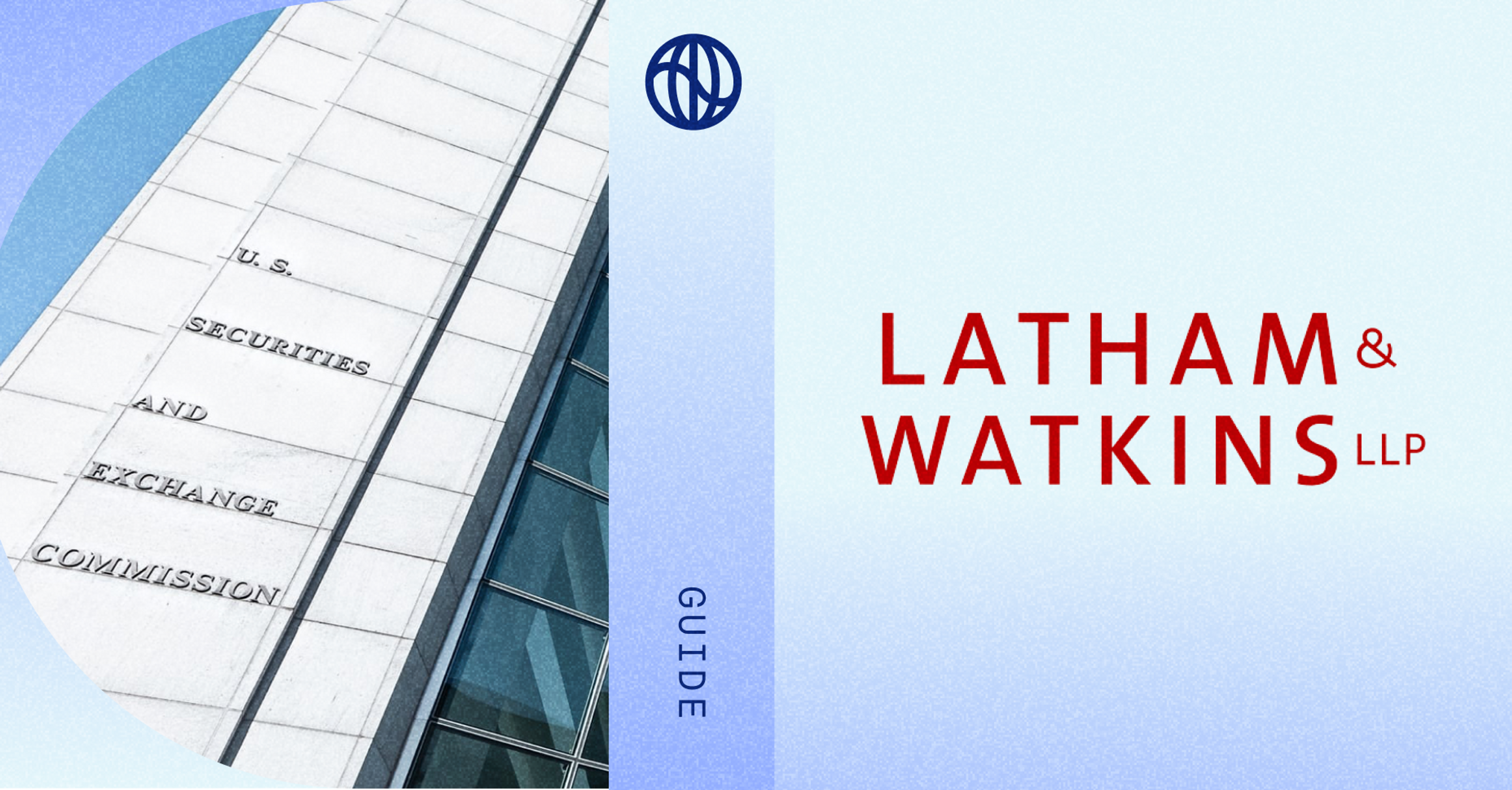A new rule proposed by the Securities and Exchange Commission (SEC) will require companies to disclose the carbon emissions from their business operations. It represents a seismic shift in the way US companies do business—and is part of a global movement requiring companies to measure and disclose greenhouse gas emissions. The SEC rule builds on the framework developed by the Task Force on Climate Related Financial Disclosures (TCFD), which is considered the gold standard of voluntary climate reporting, and layers brand-new requirements on top. The proposed rule could go into effect as soon as 2024, requiring reporting on 2023 data for large public companies.
In this video, Watershed’s climate and finance experts explain what these new regulations might mean for your company—and how getting ahead of the game could help future-proof business down the road.
“We’re entering a new era on climate disclosure,” says Watershed cofounder Taylor Francis. “This is going to be good news for companies that approach this work in the right way.” The key to success? Prepare your company for a world where carbon disclosure is a core part of doing business.
Video unavailable: Vimeo tracking consent required
What is the new SEC carbon disclosure requirement?
In March 2022, the SEC proposed a new rule stating that publicly traded companies must report levels of greenhouse gas emissions that result from their operations.
The final rule, to be released as soon as April 2023, is expected to require companies to report all of their emissions, including scope 1—emissions created directly by company’s own activities, such as burning fuel in vehicles or in buildings—as well as scope 2, which are emissions related to the electricity the company purchases; and also (for some businesses) their scope 3 emissions, which are those generated throughout the company’s supply chain.
What does the SEC climate rule mean for your business?
In order to report emissions data, companies must first measure it. And they must also show how they are integrating climate into their wider risk-management processes and their governance.
“For the first time, US companies will have to assess and disclose both acute and chronic physical risk from climate change, a rising sea level, more extreme weather phenomena, as well as transition risks from broad economic changes due to climate change.” Laura Blattner, Head of Climate Risk, Watershed
Integrating climate into your business is the future
The SEC rule is expected to ask businesses to disclose how climate change affects their business, how their business will respond to physical and economic effects of climate change, and whether they have a plan to reduce their own carbon impact.
The UK and the EU already have climate policies and regulations in place including the Corporate Sustainability Reporting Directive (CSRD), and baking carbon-reduction strategies into a business plan will soon become the norm in the US. The SEC is only one step in a global movement towards progressively more rigorous climate disclosure requirements.
“What we know, from the EU and the UK, is that climate disclosure regulation doesn’t get easier year over year—it gets more demanding.” Matt Fisher, Head of Policy, Watershed
How Watershed can help
Watershed is the trusted enterprise sustainability platform that enables businesses to understand, report, and reduce their carbon footprints and demonstrate results with confidence. Watershed currently works with leading companies to navigate a host of global climate reporting requirements, including the proposed SEC rule, and produce audit-grade reports.
“We’ve been working with public companies in the US that have held themselves to the standard of producing rigorous climate disclosures for years.” Taylor Francis, Co-founder, Watershed
Watershed's comprehensive platform has everything you need to help your business meet SEC disclosure requirements with rigorous measurement and audit-grade reporting, climate intelligence at your fingertips, and enterprise controls all built-in. To learn more, visit watershed.com/sec.








